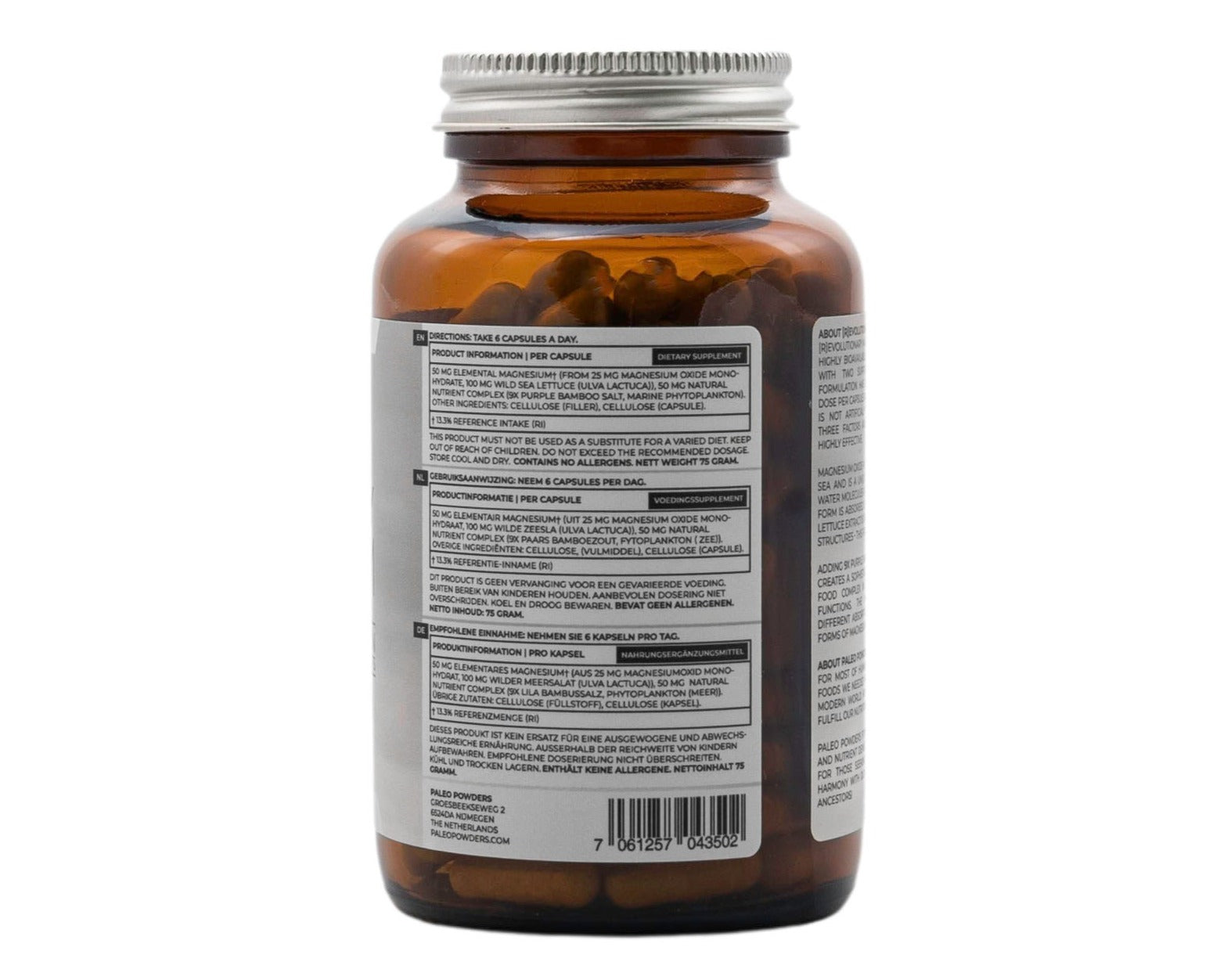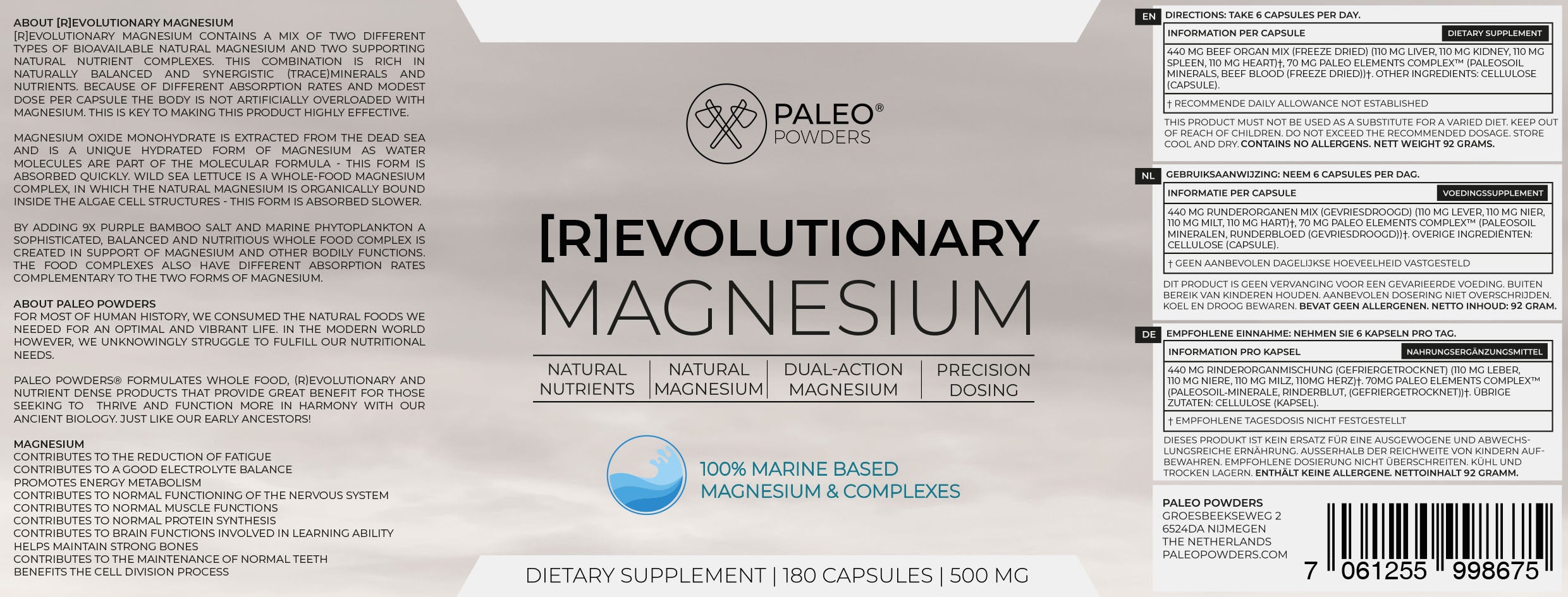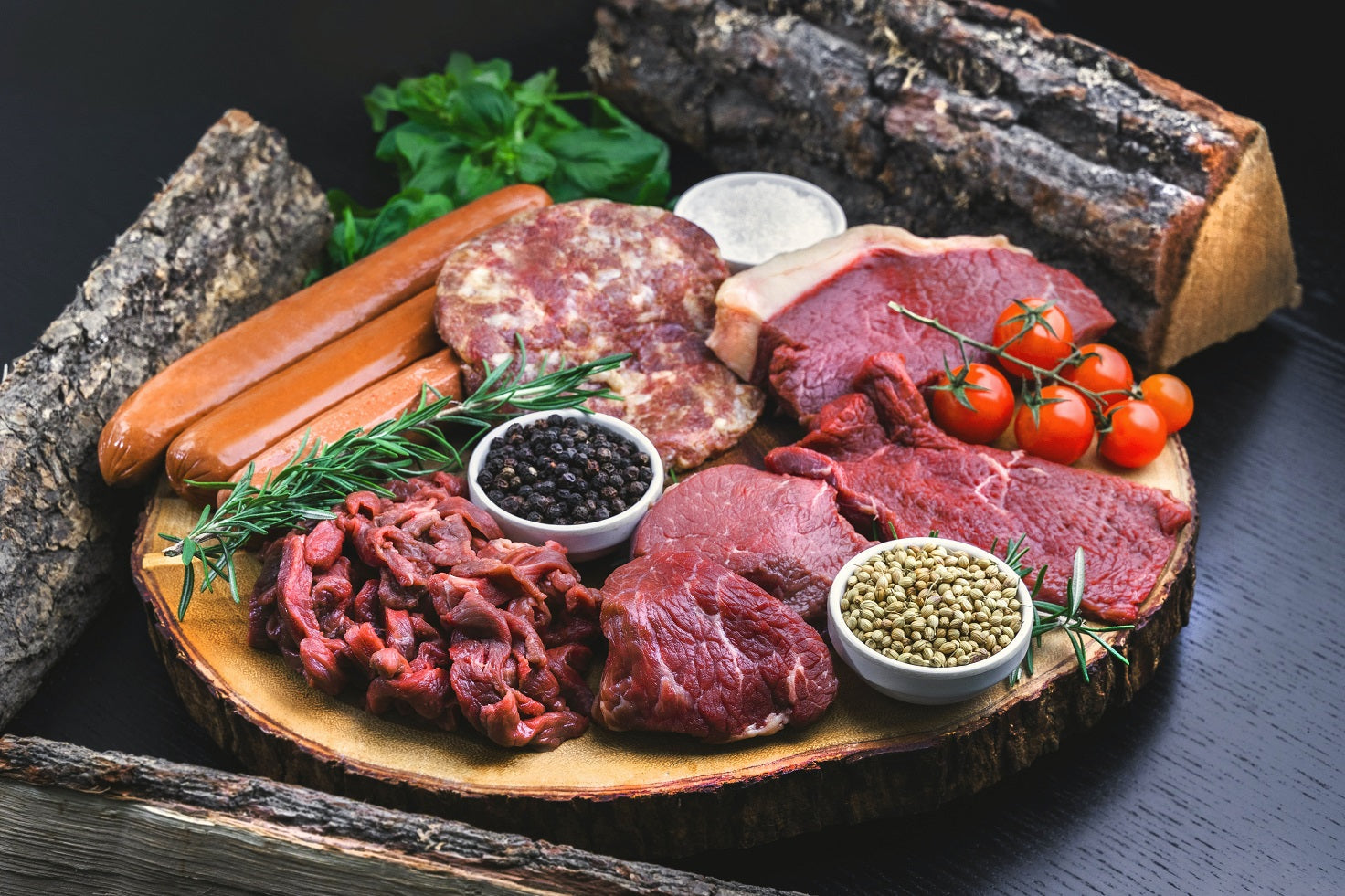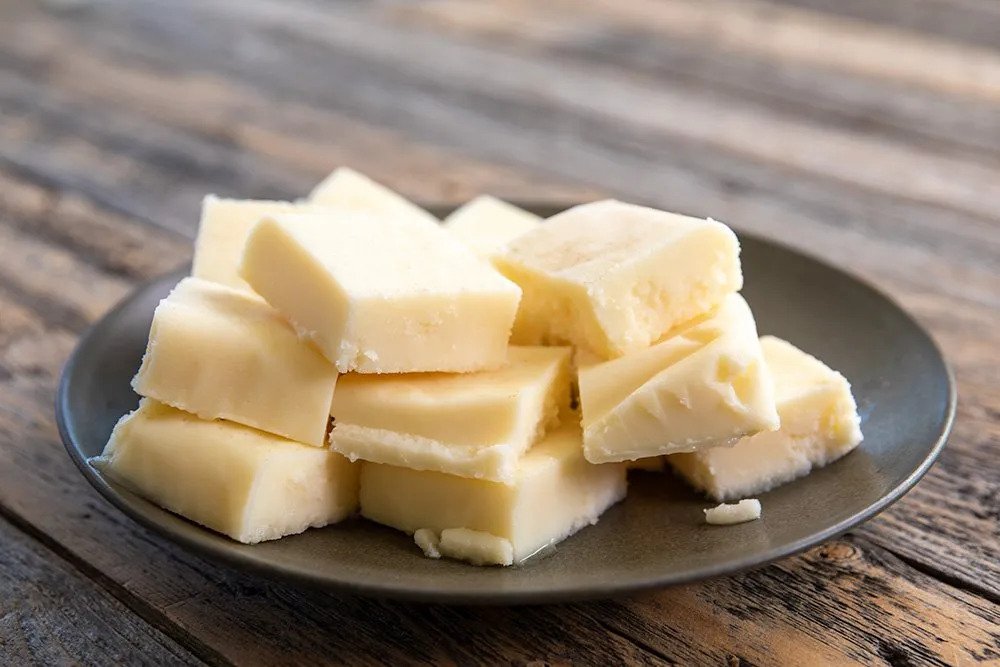
Runderbloed proteïne-isolaat: een unieke bron van eiwitten
Bloed is een fascinerende en veelzijdige substantie die door veel culturen over de hele wereld wordt gebruikt in verschillende culinaire tradities en ceremoniële praktijken. Het speelt ook een belangrijke rol in de concepten van 'ancestral eating' en het gebruik van het hele dier in de keuken.
In veel traditionele culturen wordt bloed gezien als een krachtig en voedzaam voedingsmiddel dat rijk is aan eiwitten, mineralen en andere voedingsstoffen. Het wordt vaak gebruikt in gerechten zoals bloedworst, bloedpannenkoeken en bloedpudding. Deze gerechten zijn populair in veel delen van Europa, maar worden ook gegeten in andere delen van de wereld, zoals Korea, waar bloedworst bekend staat als 'soondae'.
Bloed heeft ook een belangrijke ceremoniële betekenis voor veel culturen. In sommige Afrikaanse culturen bijvoorbeeld, wordt het drinken van dierenbloed gezien als een manier om de levenskracht en de geest van het dier over te nemen en te absorberen. In de Maasai-cultuur van Kenia en Tanzania is het drinken van bloed een belangrijk onderdeel van hun rituelen, en wordt het beschouwd als een heilige handeling.
In andere culturen wordt bloed gezien als een symbool van vruchtbaarheid en vitaliteit. Bij de Navajo-indianen van Noord-Amerika bijvoorbeeld, wordt bloed gebruikt in genezingsrituelen en ceremoniën ter ere van de maan. Het wordt gezien als een symbool van de vrouwelijke vruchtbaarheid en wordt gebruikt om de relatie tussen de aarde en de kosmos te symboliseren.
Het idee van 'ancestral eating' sluit nauw aan bij het gebruik van bloed in traditionele keukens. Het idee is dat door het hele dier te gebruiken, we respect tonen voor het leven dat we nemen om onszelf te voeden en tegelijkertijd alle voedingsstoffen benutten die het dier te bieden heeft. Door het eten van bloed en andere delen van het dier die vaak worden weggegooid, maken we optimaal gebruik van onze hulpbronnen en verminderen we onze voedselverspilling.
Bloed heeft een rijke culturele betekenis in veel delen van de wereld. Het wordt gezien als een voedzaam voedingsmiddel, een symbool van vruchtbaarheid en vitaliteit, en een belangrijk onderdeel van ceremoniële en rituele praktijken. Door het gebruik van bloed in traditionele keukens en het idee van 'ancestral eating' kunnen we respect tonen voor het leven dat we nemen om onszelf te voeden en optimaal gebruik maken van onze hulpbronnen.
Bloed is een onmisbaar onderdeel van elk dierlijk lichaam, omdat het de belangrijke taak heeft om zuurstof en voedingsstoffen naar alle weefsels van het lichaam te transporteren. Bij runderen wordt bloed vaak gewonnen als bijproduct, en kan het worden gebruikt voor verschillende toepassingen, zoals in de voedselindustrie en de farmaceutische industrie.
Nieuw-Zeeland is een belangrijke producent van kwalitatief hoogwaardig runderbloed, omdat het land bekend staat om zijn hoogwaardige veehouderij en strenge voedselveiligheidsvoorschriften. Er zijn verschillende factoren die bijdragen aan de goede reputatie van de veehouderij in Nieuw-Zeeland.
Een van de belangrijkste factoren is het klimaat en de geografie van het land. Het milde klimaat en de overvloedige regenval zorgen voor uitstekende omstandigheden voor de groei van gras, wat de belangrijkste voedselbron is voor het vee. Het overgrote deel van het Nieuw-Zeelandse vee graast daarom het grootste deel van het jaar buiten op weiden en heeft zo een hoogwaardig dieet dat rijk is aan voedingsstoffen.
In de veehouderij van Nieuw-Zeeland worden geen antibiotica gebruikt als groeibevorderaar. Dit betekent dat het vlees en de zuivelproducten die afkomstig zijn van Nieuw-Zeelandse boerderijen vrij zijn van antibiotica en GMO’s
Runderbloed proteïne-isolaat is een uniek voedingssupplement en wordt geproduceerd uit het bloed van grasgevoerde Nieuw-Zeelandse runderen.
Het is een bijzondere bron van eiwitten en bevat een verscheidenheid aan essentiële aminozuren die ons lichaam nodig heeft voor spiergroei, weefselherstel en een gezond immuunsysteem.
Runderbloed proteïne-isolaat is niet te vergelijken met whey-eiwit. Whey-eiwit wordt geproduceerd uit melk en bevat lactose, terwijl runderbloed proteïne-isolaat lactosevrij is. Bovendien is het eiwit in runderbloedproteïne-isolaat afkomstig van bloedeiwit, wat het een unieke en interessante bron van eiwitten maakt. Bovendien bevat het een verscheidenheid aan essentiële aminozuren en immunoglobulinen die niet in Whey of collageen voorkomen.








